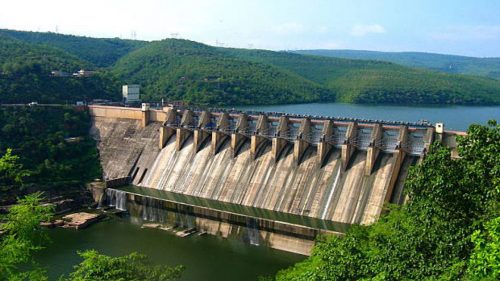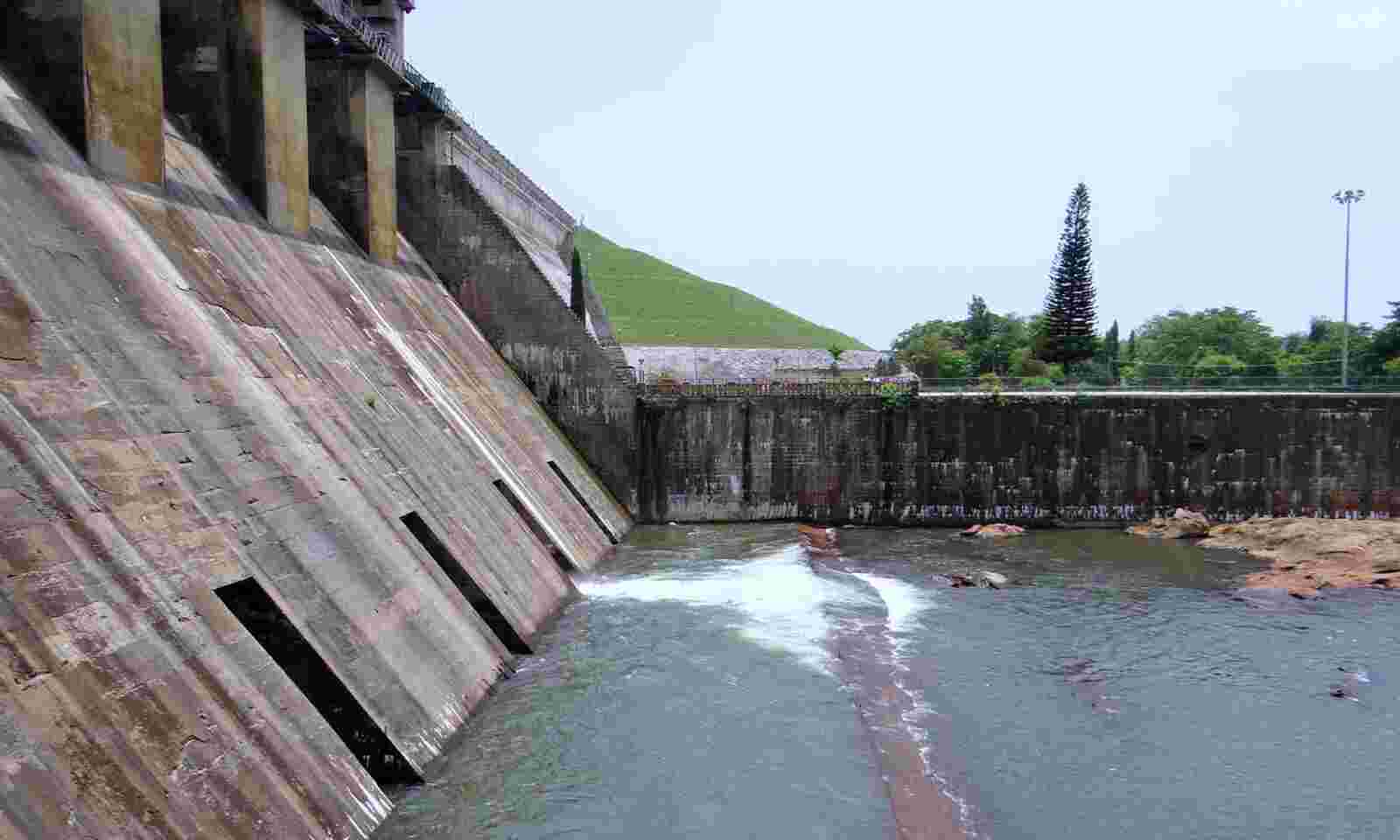India has decided to exclude supplies of electricity generated by Hydroelectric projects From the decision on tariffs for the Interstate Transmission System (Ists), as announced on Friday 2 December by the Federal Ministry of Electricity in India, as part of its support for renewable energy sources.
This step aims to achieve the Government of India’s commitment to meet the requirement of generating electricity from renewable energy sources. As the aforementioned exemption is available for solar and wind energy projects, according to a newspaper published Economic times Hindi (economic times).
It is worth noting that the Indian federal government has set an ambitious plan to generate 500 gigawatts of generation capacity from non-fossil fuel sources by 2030.
A statement released by India’s Electricity Ministry on Dec. 2 said that clean, green and sustainable hydropower projects will be of paramount importance in the path of clean energy transition, according to information monitored by the specialized energy platform.
India’s Federal Ministry of Electricity has confirmed that this decision is necessary for the merger solar power and wind power, which are intermittent in nature.
It should be noted that the exemption from interstate transportation taxes provided for solar energy projects andWind energyIt has not been extended to hydroelectric projects.
The Ministry of Electricity has now decided to extend the exemption from the ITS fee for new hydroelectric projects, for which the construction works are awarded and the PPA is signed by 30 June 2025.
This is done with the aim of removing this contradiction and providing equal opportunities for hydroelectric projects.
Canons of the electric transmission system
The decision of the Federal Ministry of Electricity pursuant to art India that tariffs will be imposed on the interstate transmission system to carry electricity from hydroelectric projects; Where the construction works and the signing of the electricity purchase contract are entrusted after June 30, 2025.
For a hydroelectric project, which has been awarded the construction works and the signing of the power purchase agreement from July 1, 2025 to June 30, 2026, 25% of the interstate transmission system rate will apply.
For a project for which construction has been awarded and a PPA signed from July 1, 2026 to June 30, 2027, 50% of the interstate transmission system fee will apply, as seen by the Specialized Energy Platform.
75% of the ITS fee is to be applied to projects for which construction has been awarded and a PPA signed from 1 July 2027 to 30 June 2028.
The government will charge up to 100 percent of the interstate transmission system fee to hydroelectric projects starting July 1, 2028.
The waiver or the subsidized fee is valid for 18 years from the start date of the hydroelectric projects and stations.

According to the Indian Economic Times on Dec. 2, the Electricity Ministry’s statement indicated that only interstate freight rates are eligible for exemption, not losses.
Analysts expect this move to provide a boost to the hydroelectric sector, which will also help improve India’s water security and bring development benefits to mountainous states like northeastern states, Uttarakhand, Jammu and Kashmir, Himachal Pradesh, etc. .; Where most of the water potential is concentrated.
interest in hydroelectric power
Recognizing the inherent qualities of hydroelectric projects, the Government of India declared hydroelectric projects as a renewable energy source in March 2019.
In November 2020, the Government of India’s Economic Affairs Committee approved a $23.5 billion investment in the first phase of a 210-megawatt hydroelectric project in Himachal Pradesh, according to the then-Specialized Energy Platform.
Read also..


